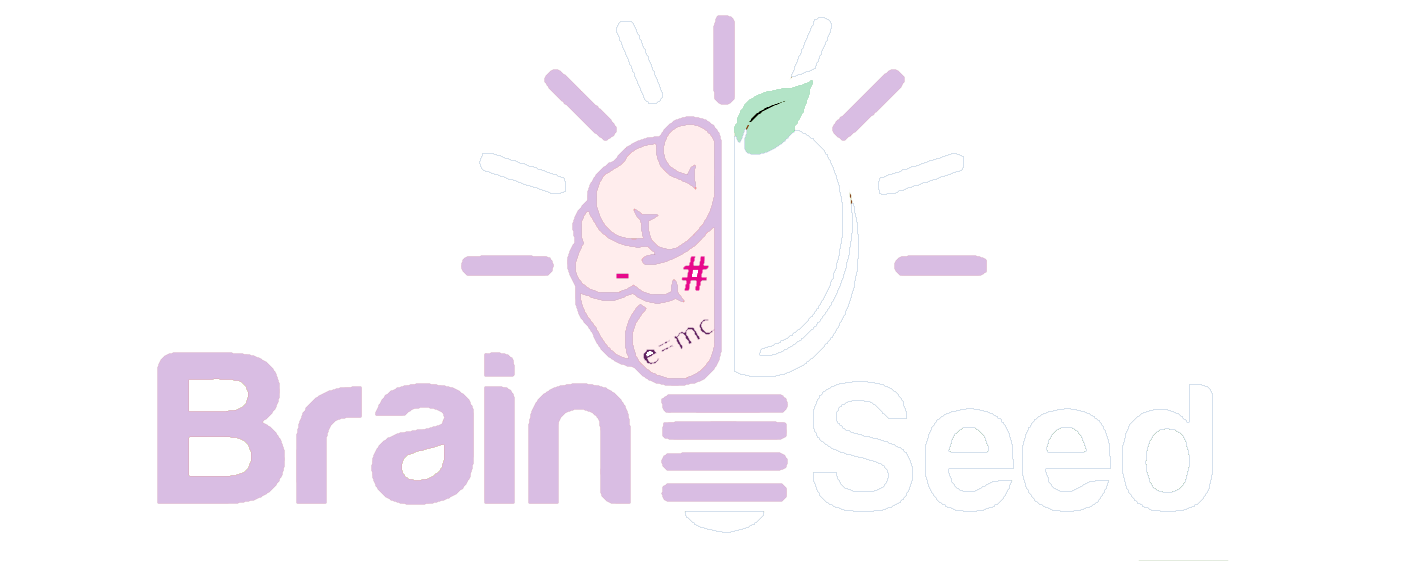The use of drama to explore the experience of Hong Kong’s working class
Drama is an art form that has the ability to explore and highlight different aspects of society. In Hong Kong, one such aspect that can be explored through drama is the experience of the working class. With a significant portion of the population falling under this category, it is essential to understand their struggles, aspirations, and contributions to society.
Exploring the struggles of the working class
The working class in Hong Kong faces several challenges, including low wages, job insecurity, and lack of social mobility. Through drama, these issues can be exposed and examined, creating a space for empathy and understanding. By presenting stories of ordinary people, drama can give voice to their experiences and contribute to a more nuanced understanding of their lives.
Examining power dynamics and social issues
Additionally, drama can also explore the complex relationships between the working class and other segments of society, such as the wealthy or the government. By highlighting the power dynamics at play and the impact of policies and decisions on the working class, drama can encourage critical thinking and spark discussions on important social issues.
Examples of dramas exploring the working class experience
One example of how drama has been used to explore the experience of the working class in Hong Kong is the play “Wong Ka Yan,” which tells the story of a working-class woman who becomes a labor activist. The play explores the challenges faced by workers in Hong Kong, including long working hours, low wages, and lack of job security. It also delves into the personal struggles of the protagonist as she balances her activism with her daily life.
Another example is the play “We Are the Majority,” which examines the lives of migrant workers in Hong Kong. Through the stories of four migrant workers, the play sheds light on the discrimination and exploitation they face, as well as their hopes and dreams for the future.
Using drama as a tool for education and advocacy
Drama can also be used as a tool for education and advocacy. By focusing on the experiences of the working class, drama can promote empathy and understanding, advancing social change and advocating for policies that address the challenges faced by this segment of society.
In conclusion, drama is a powerful tool for exploring and highlighting the experiences of the working class in Hong Kong. By presenting stories that give voice to their struggles and aspirations, drama can foster empathy and understanding, encouraging critical thinking and discussions on important social issues. Through the use of drama, Hong Kong can continue to expand its understanding of its working-class population and work towards creating a more equitable and just society.
Are you looking for a fresh and exciting way to engage your school’s drama program or your child’s creativity? Try YouTube drama! It’s a fun and modern way for students to create and perform in their own videos. YouTube drama is flexible, convenient, and can even reach a wider audience. Plus, it teaches valuable skills like video production, editing, and storytelling. Click here to learn more about how YouTube drama can benefit your school’s drama program.







